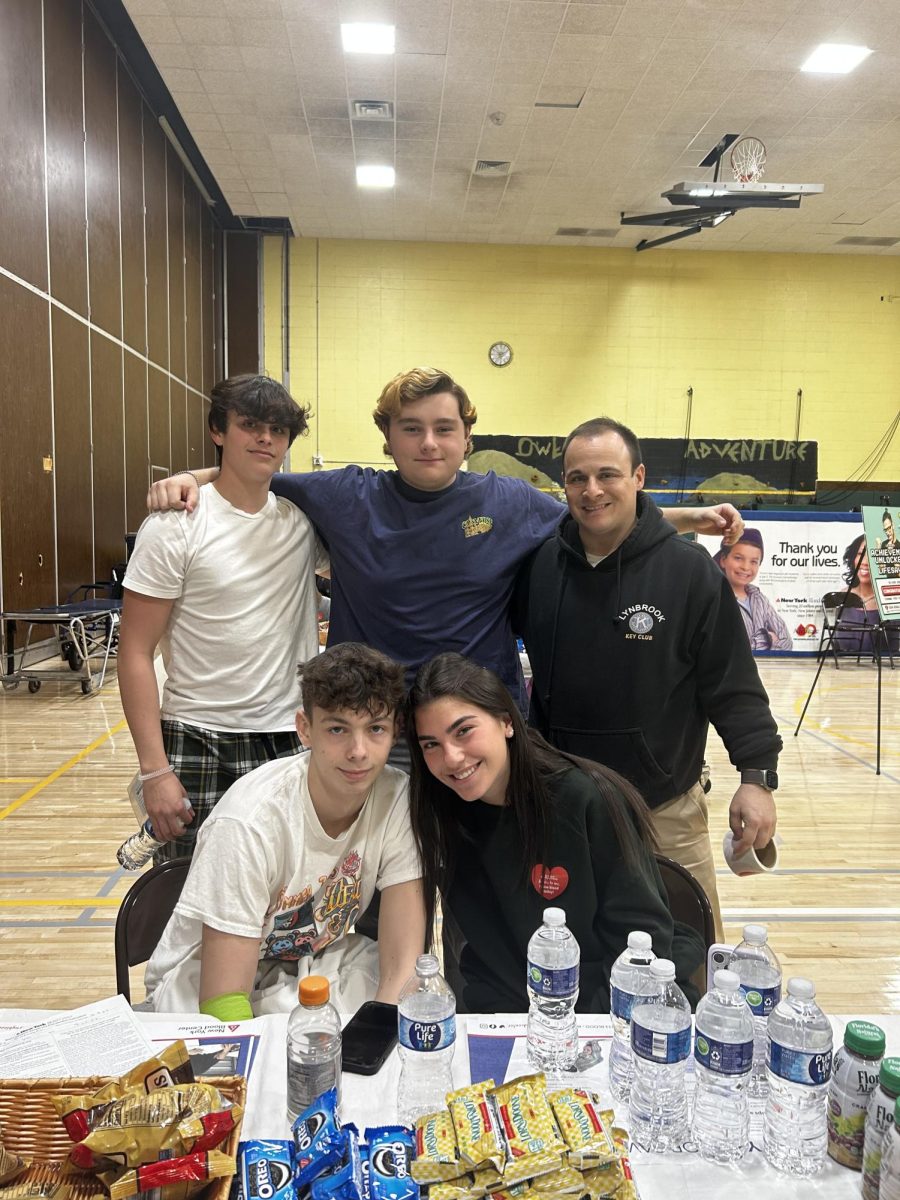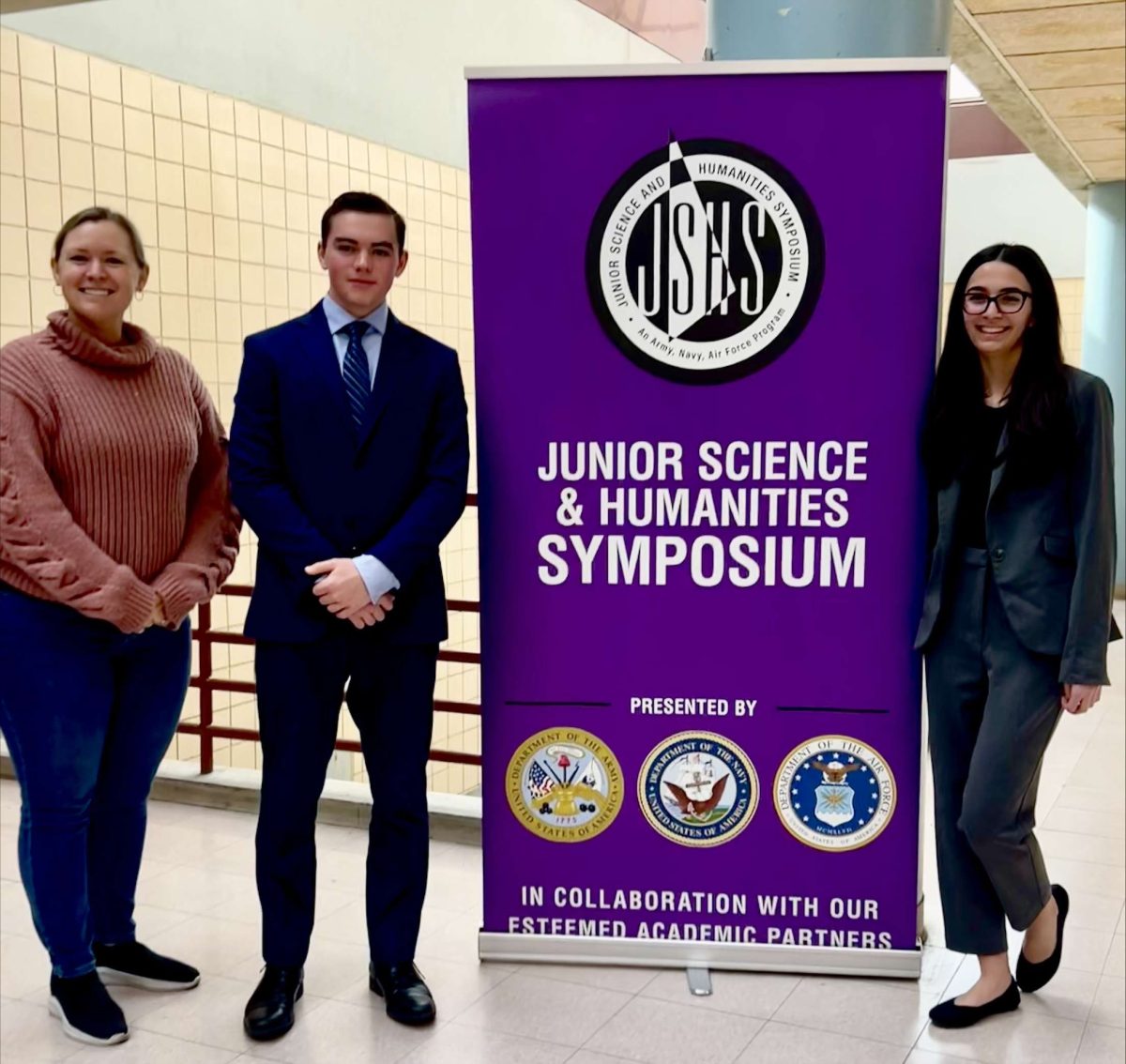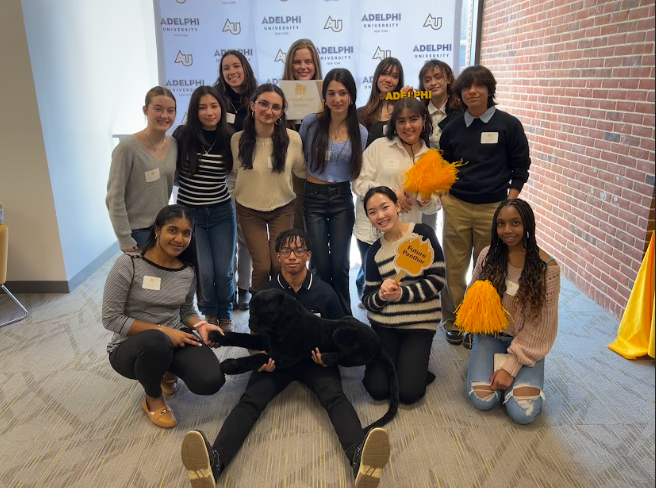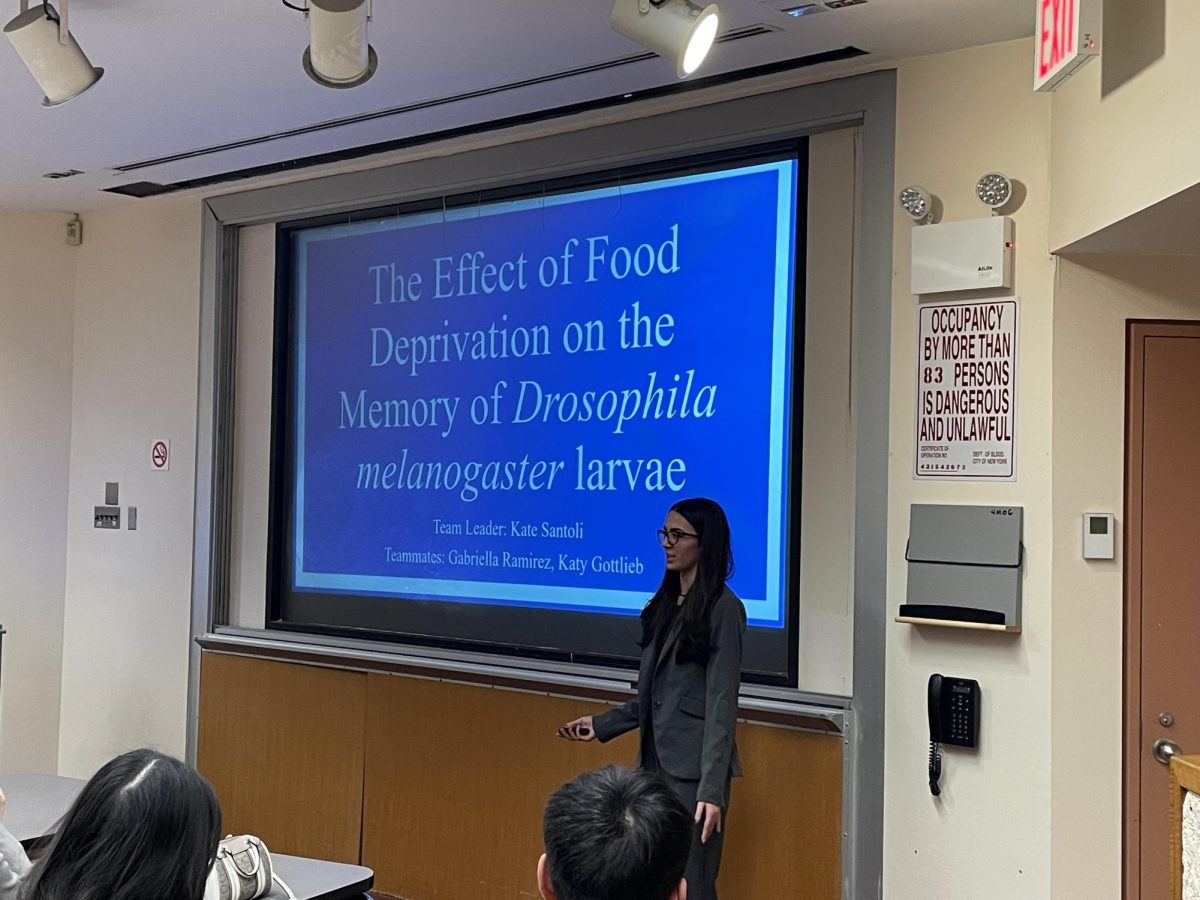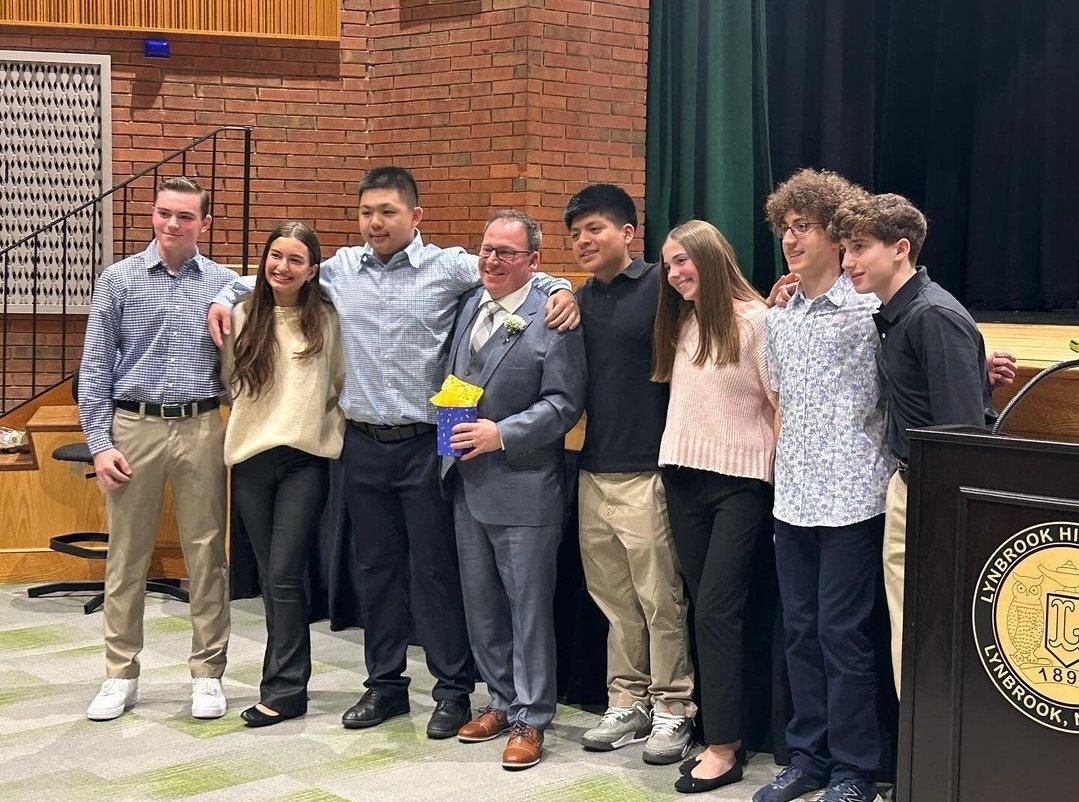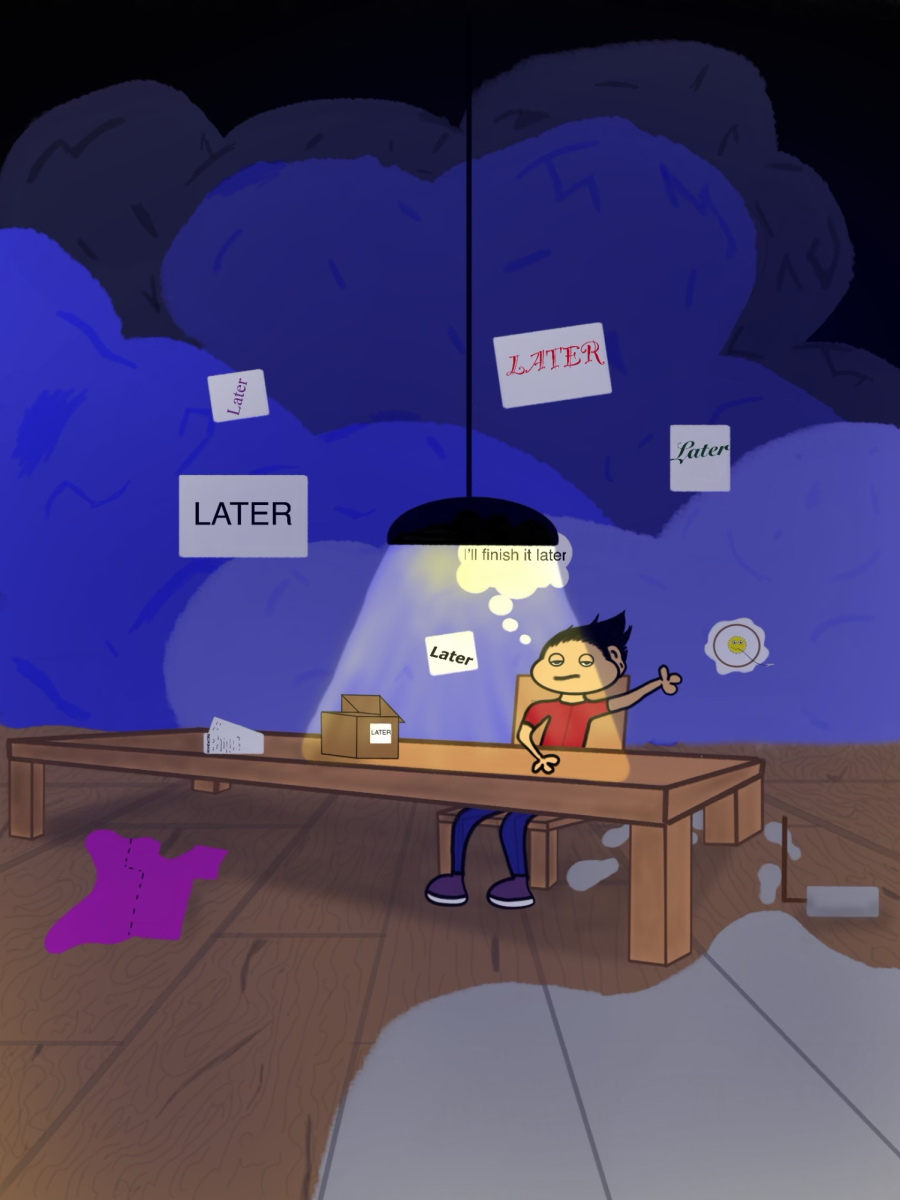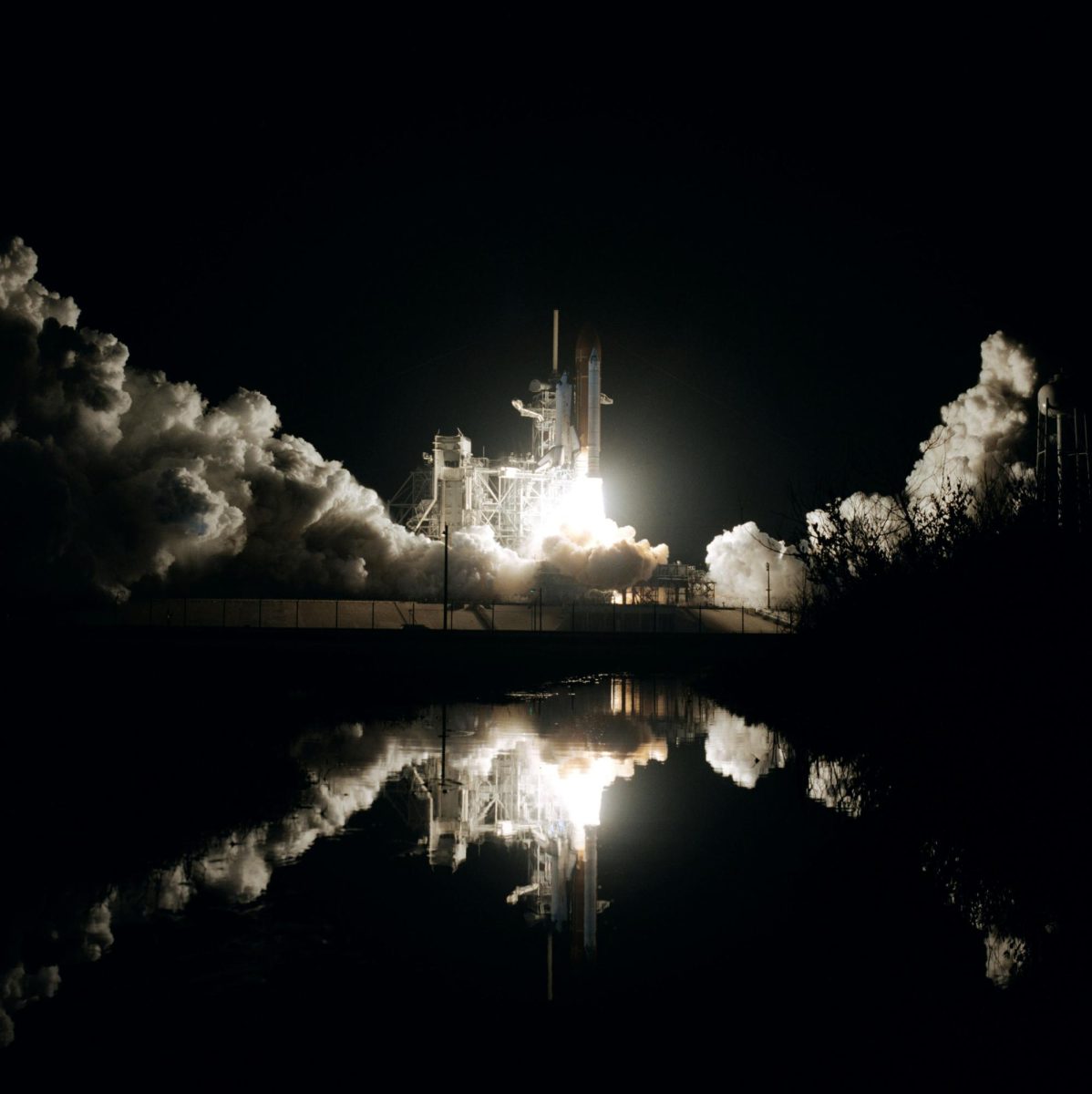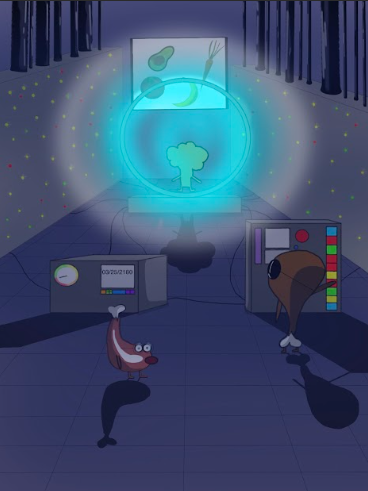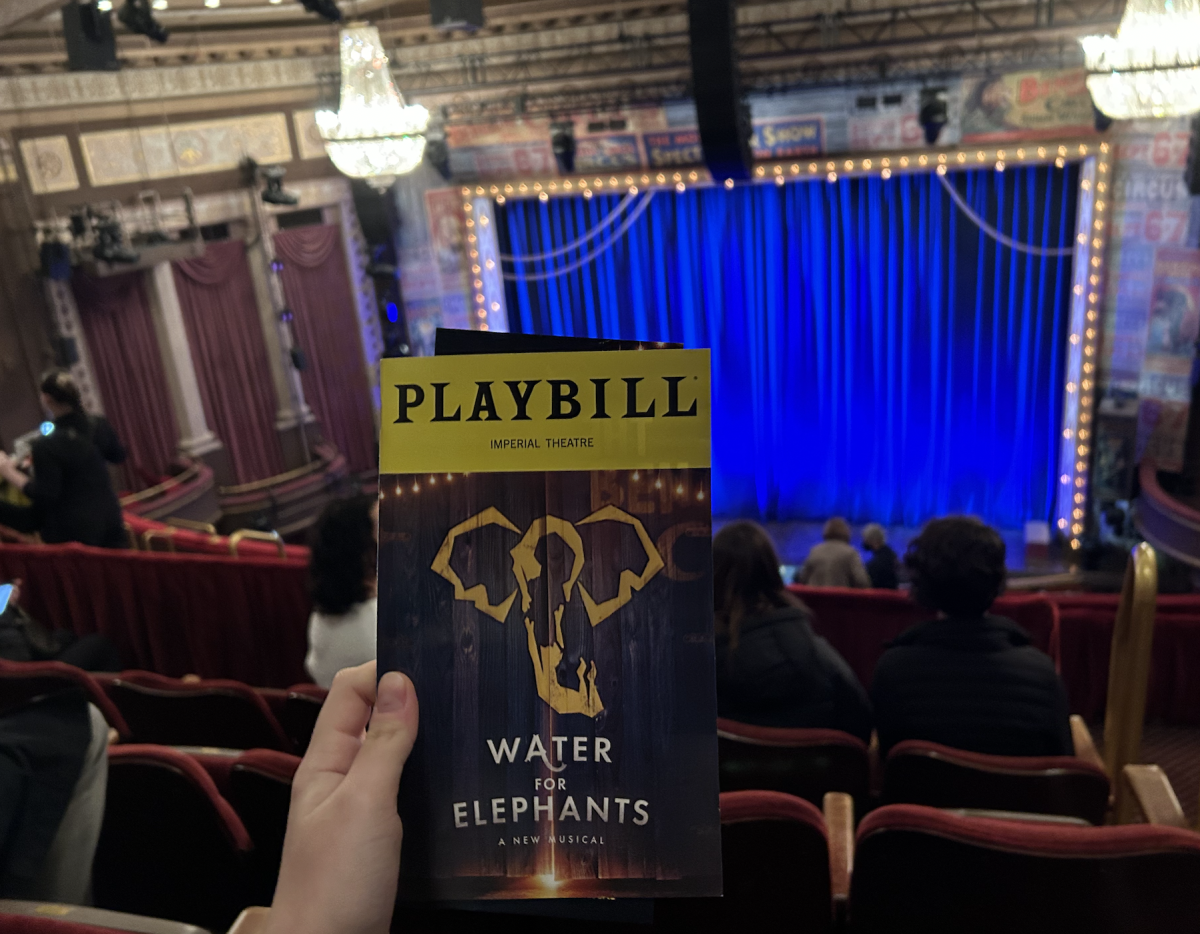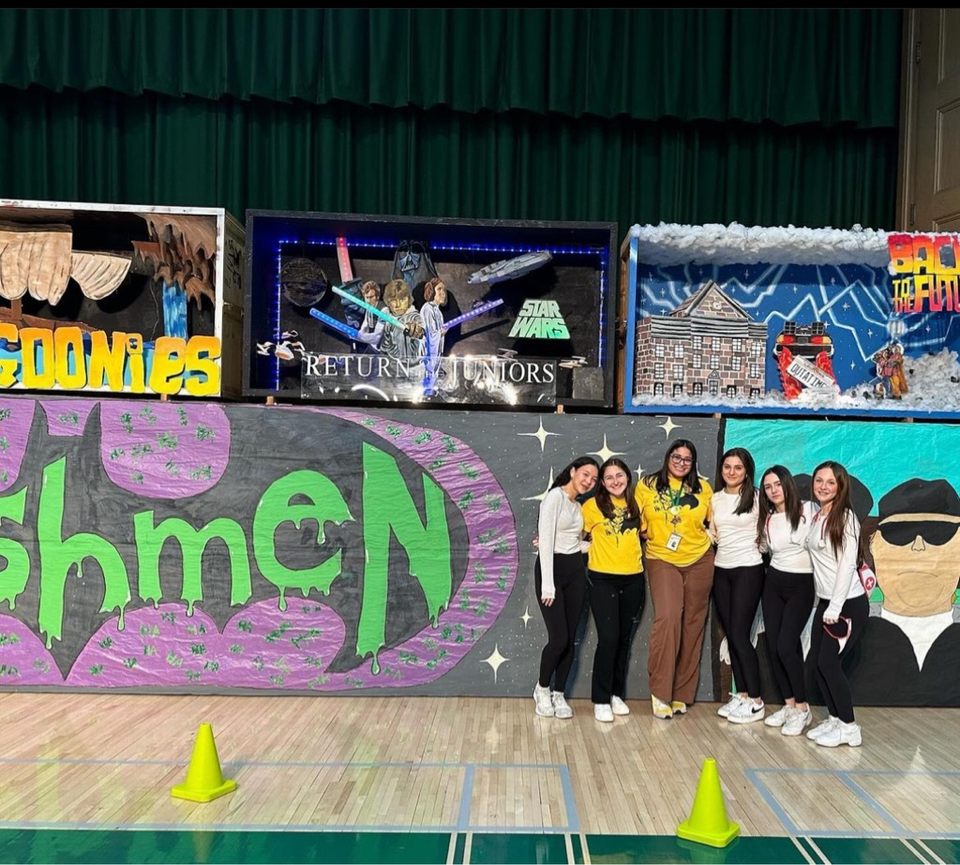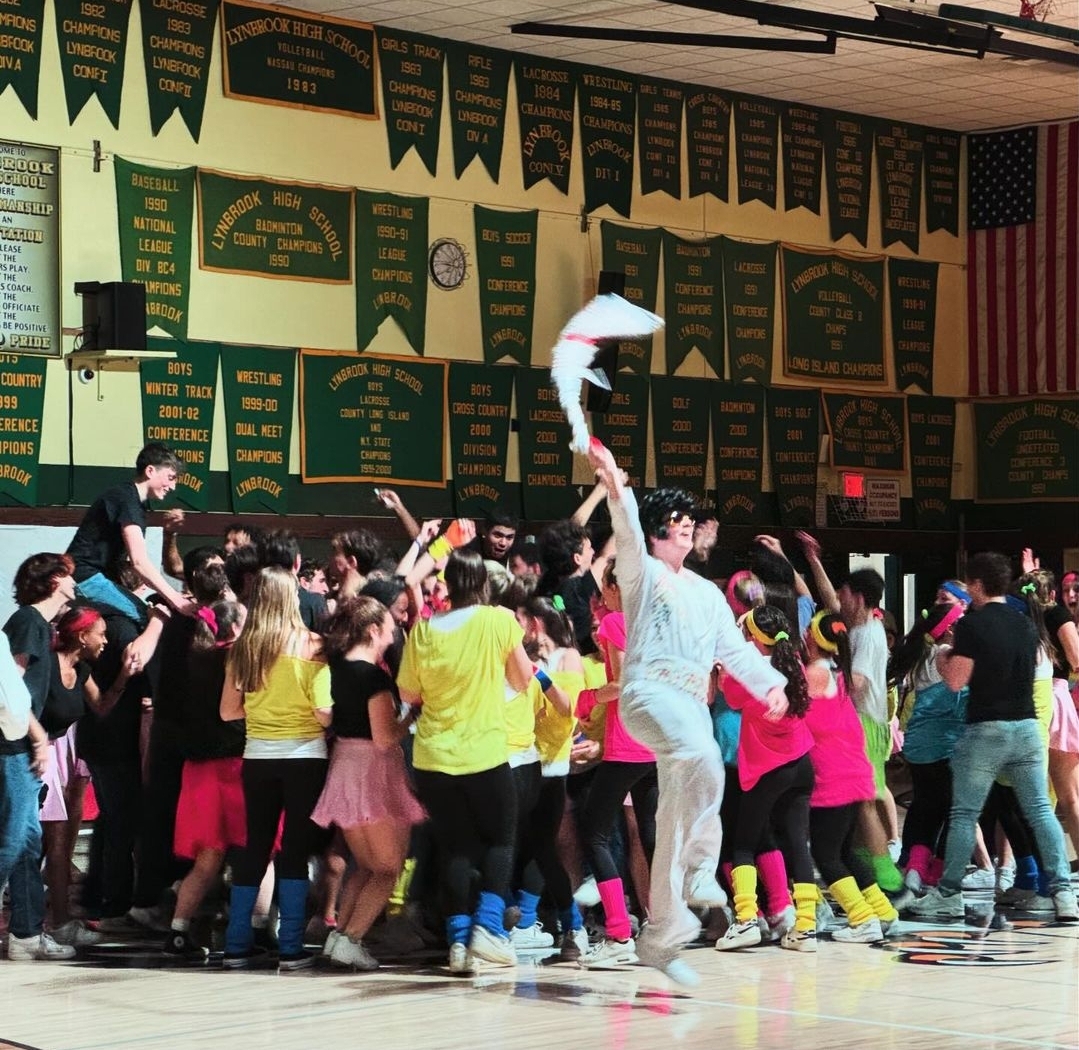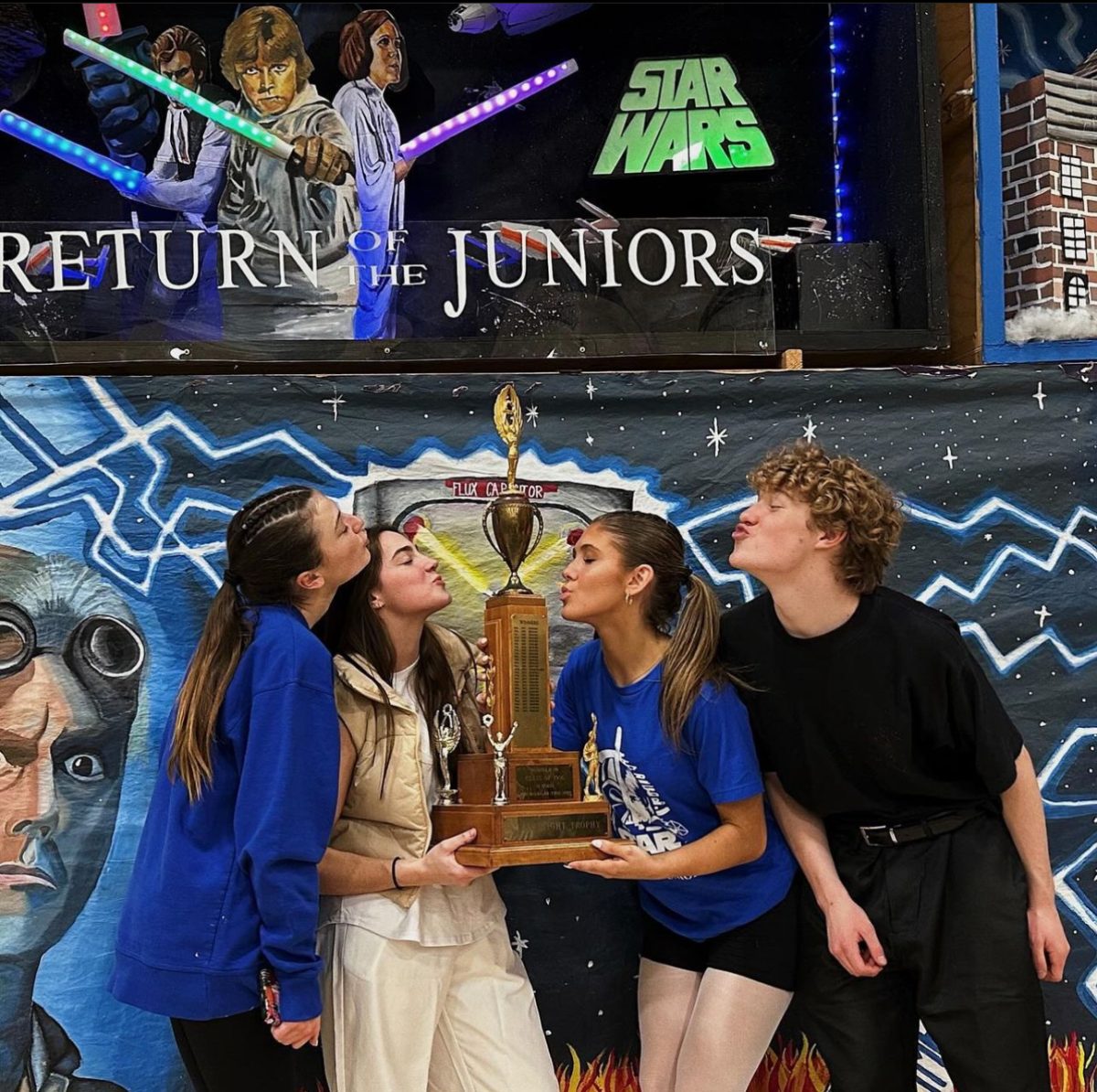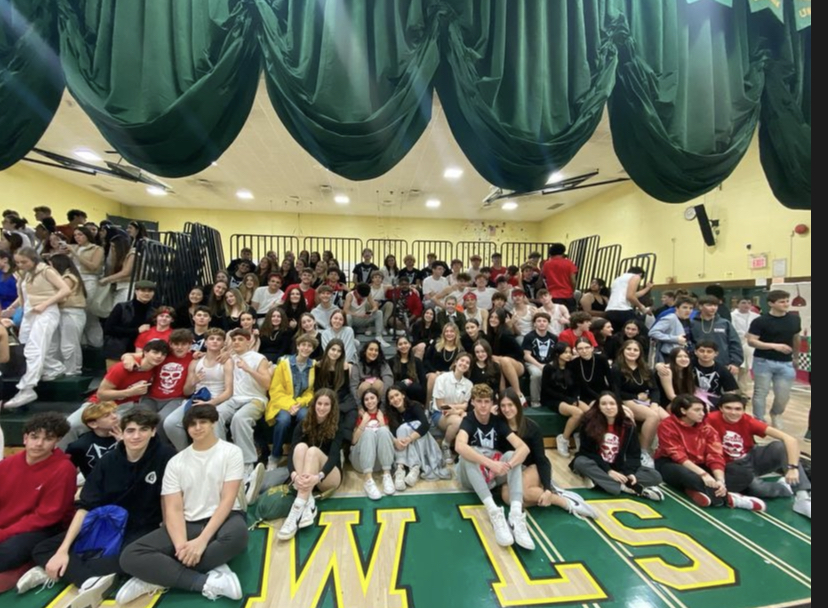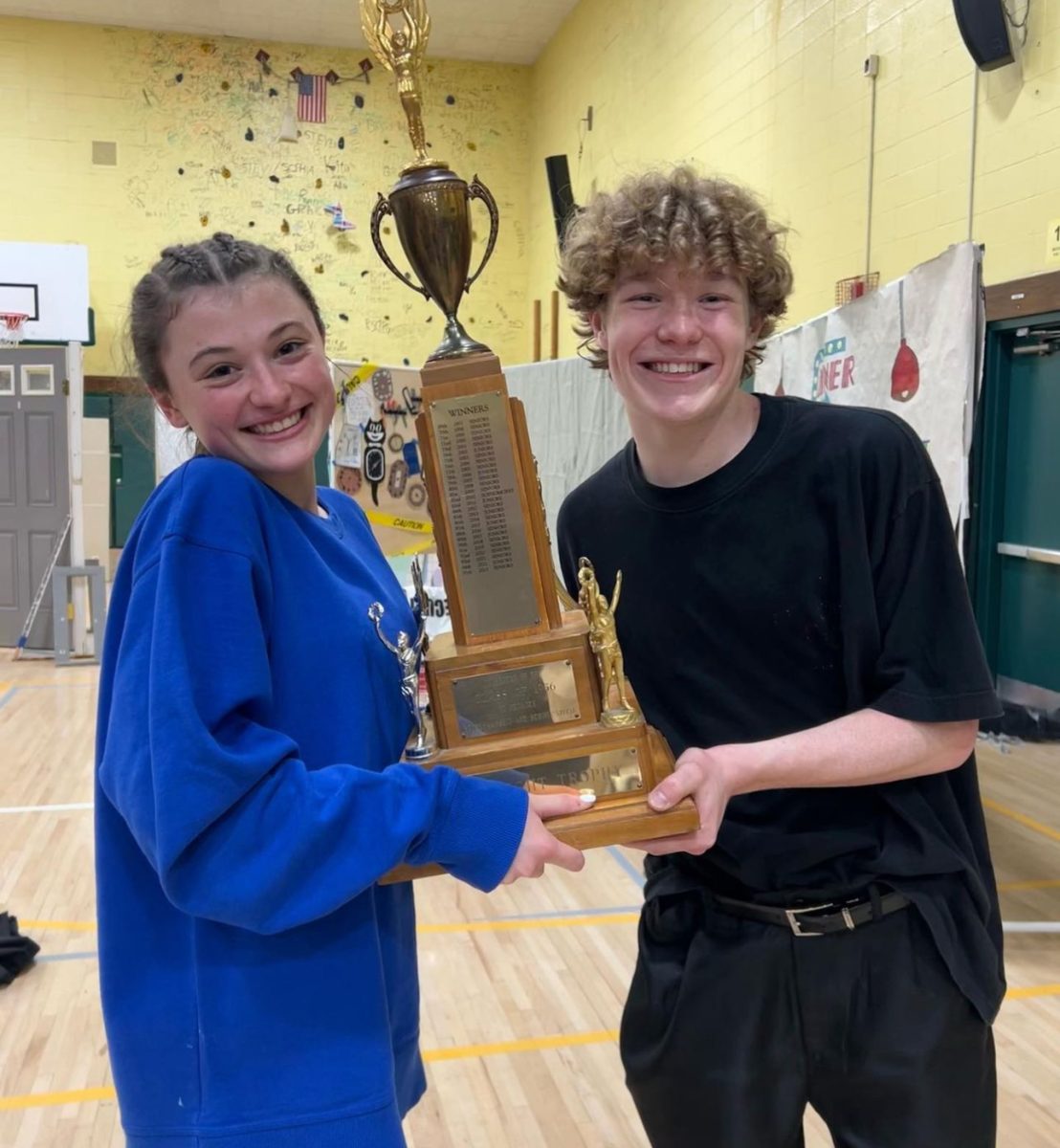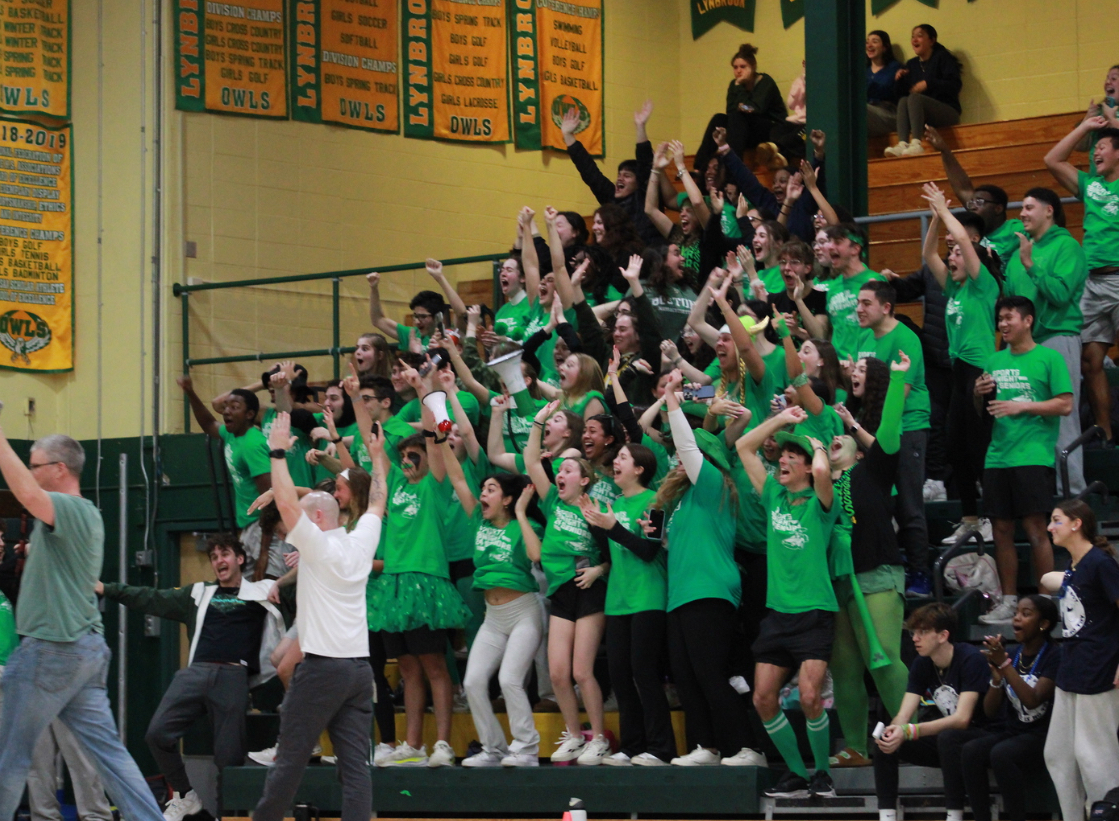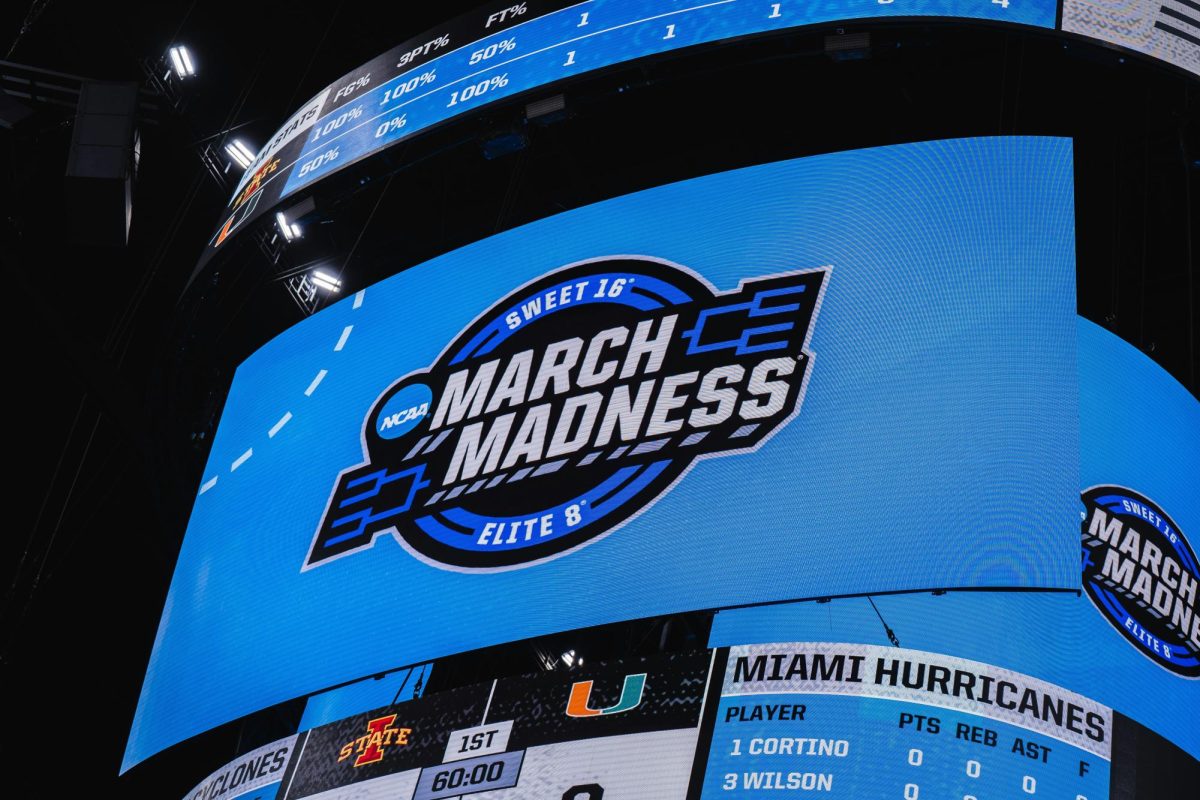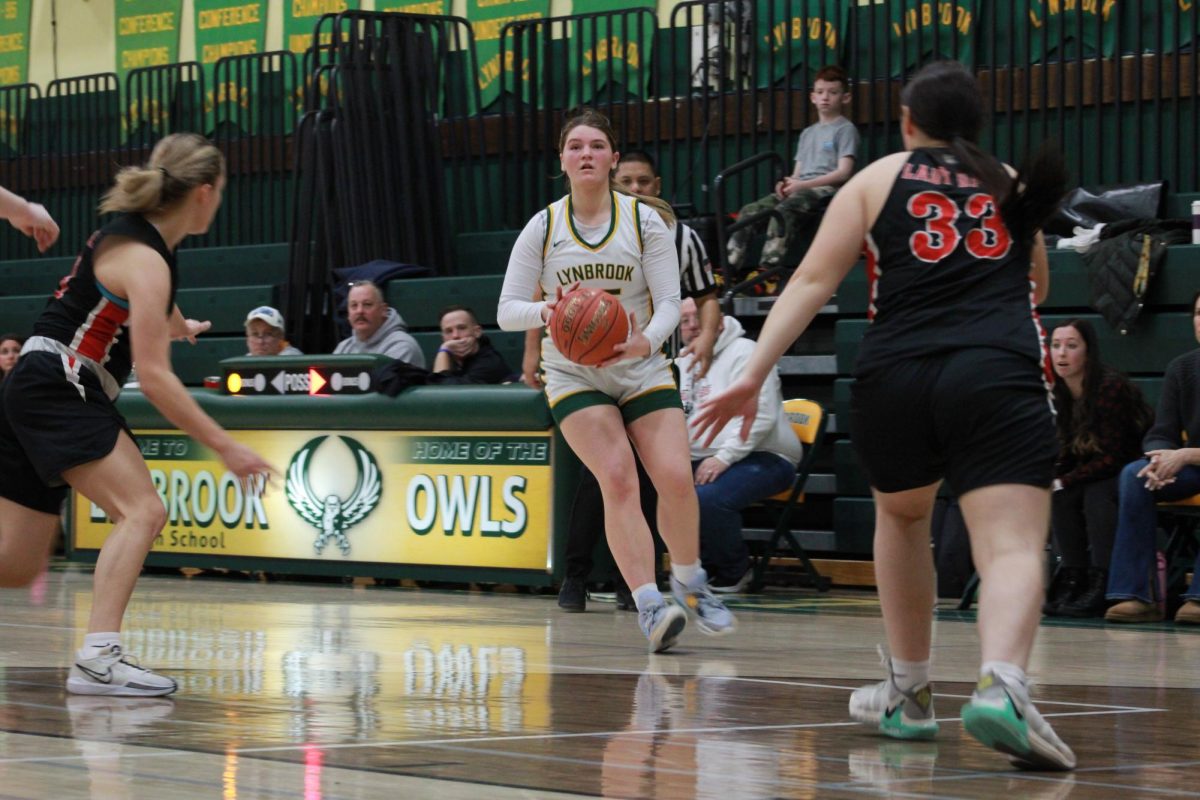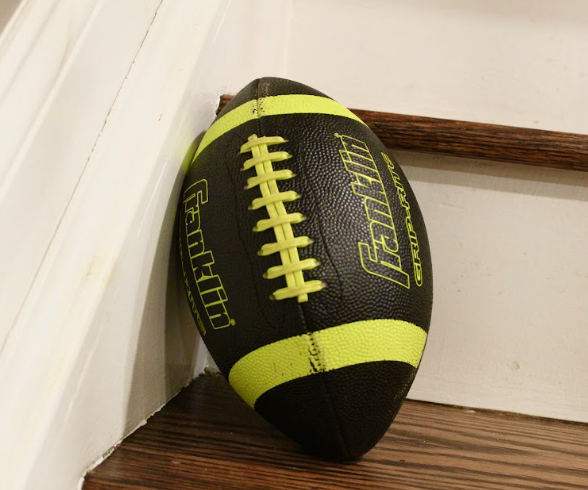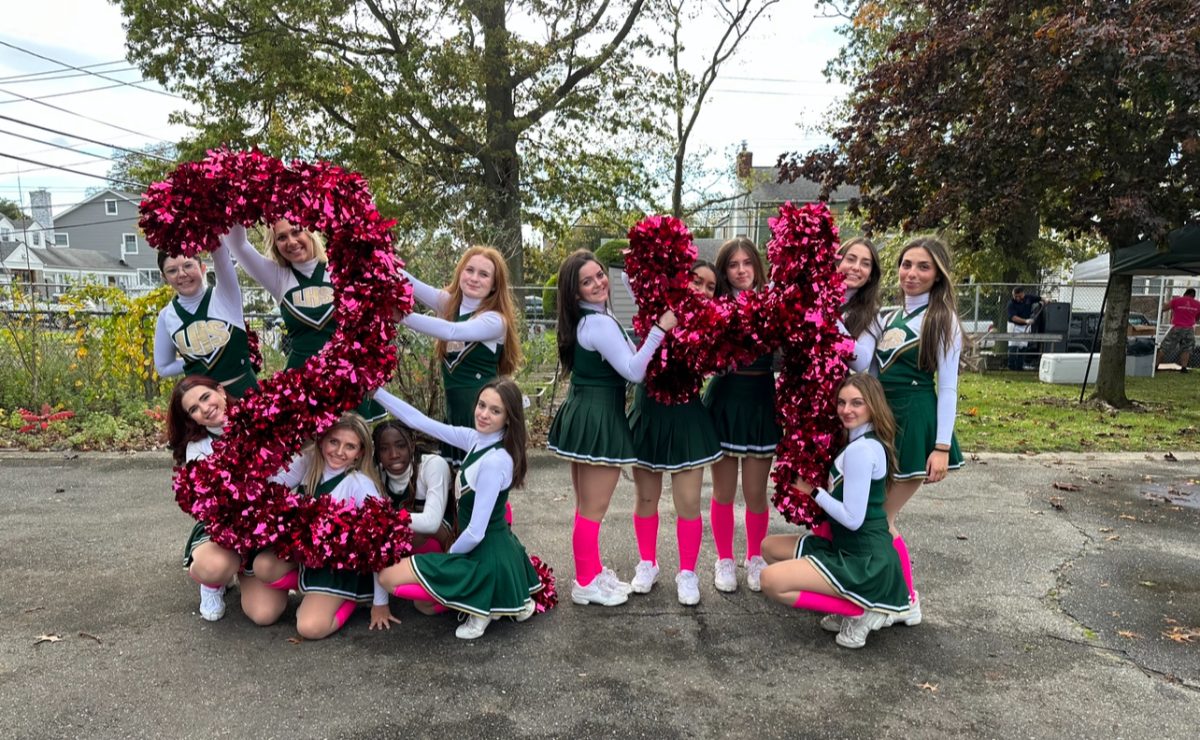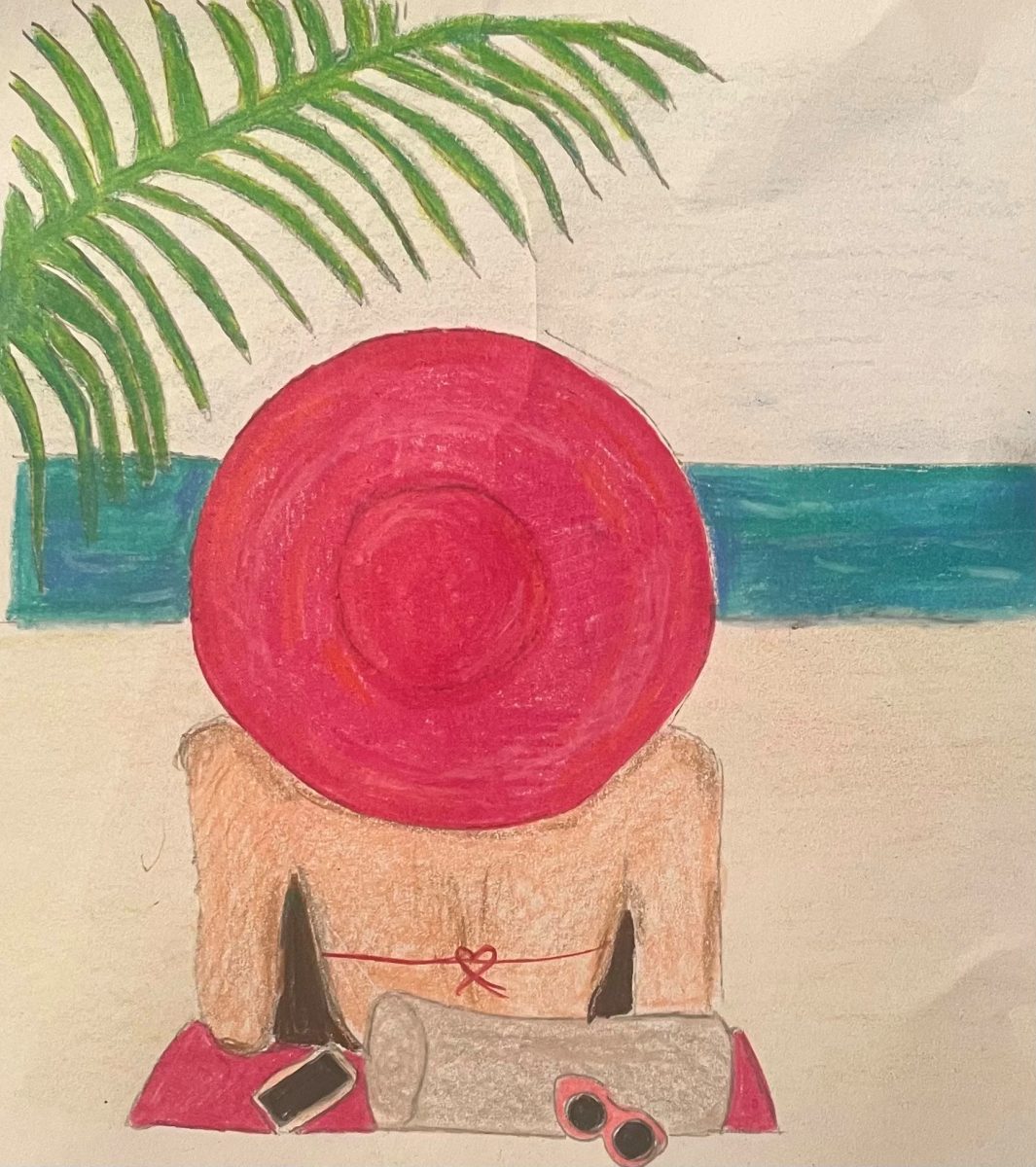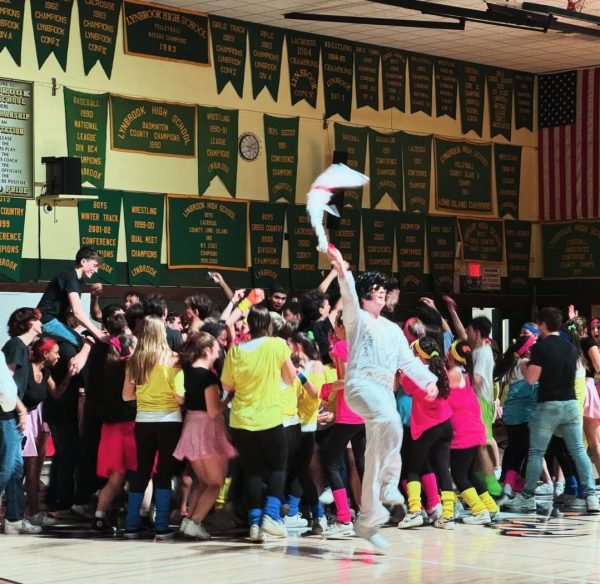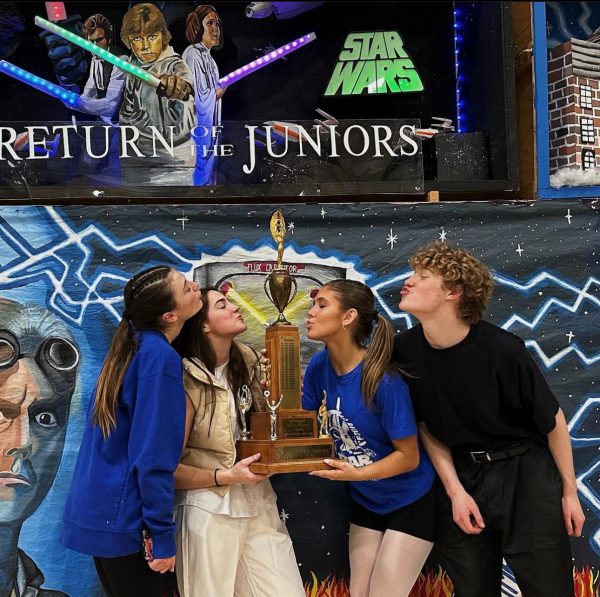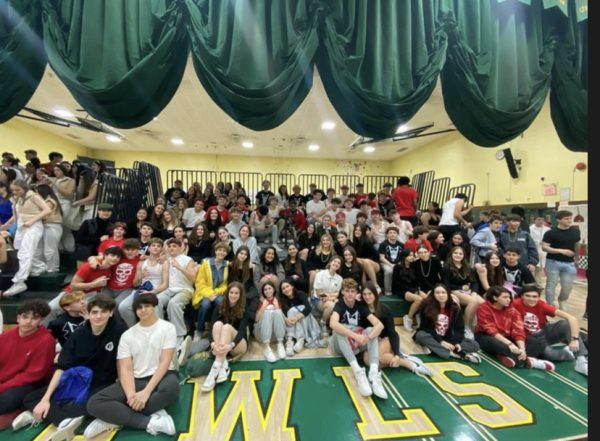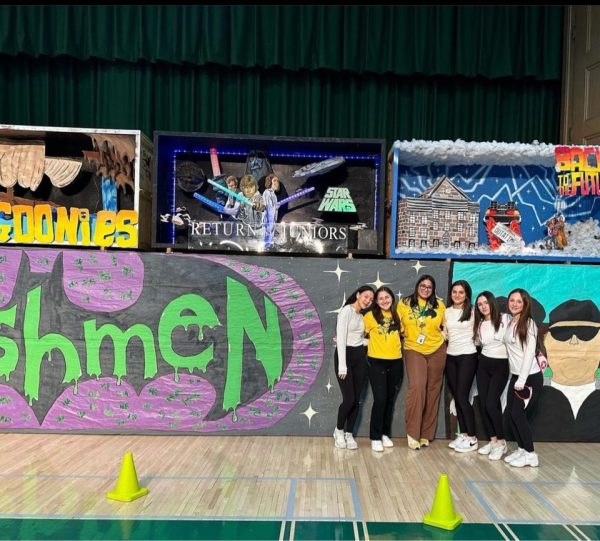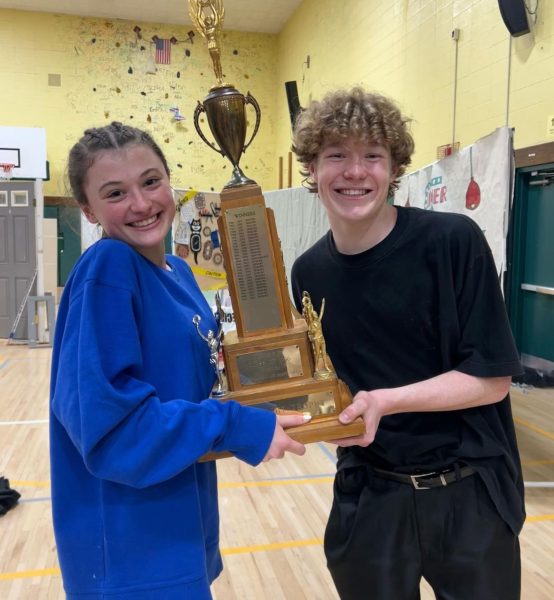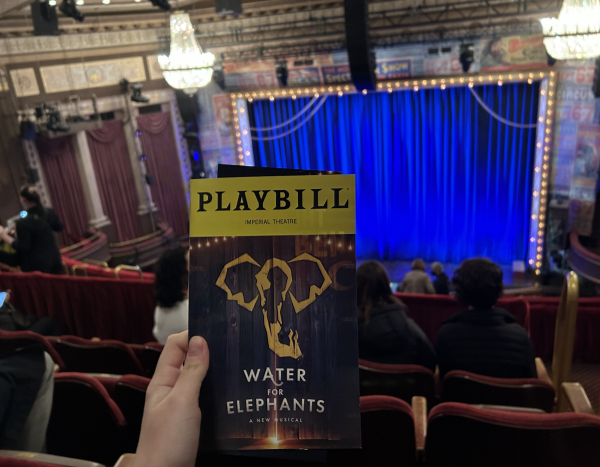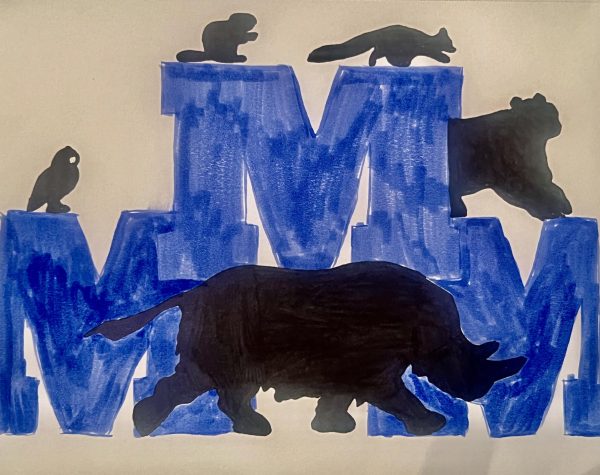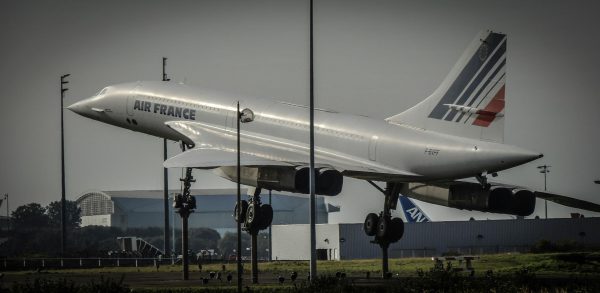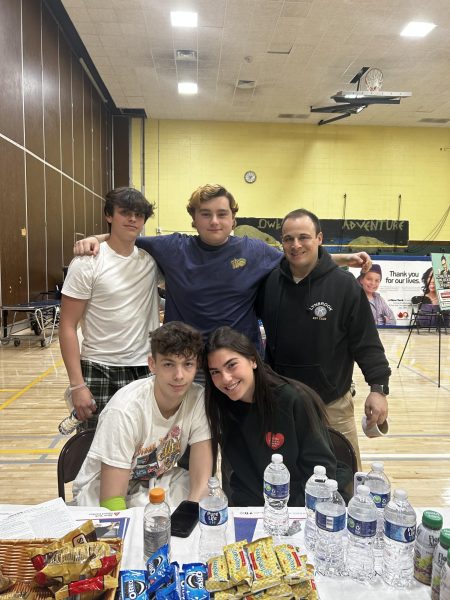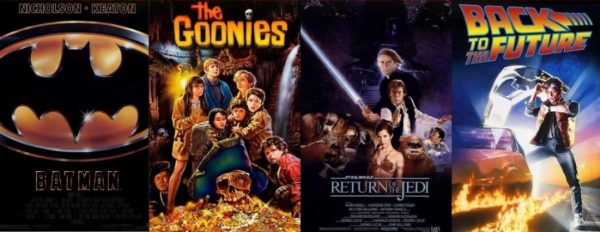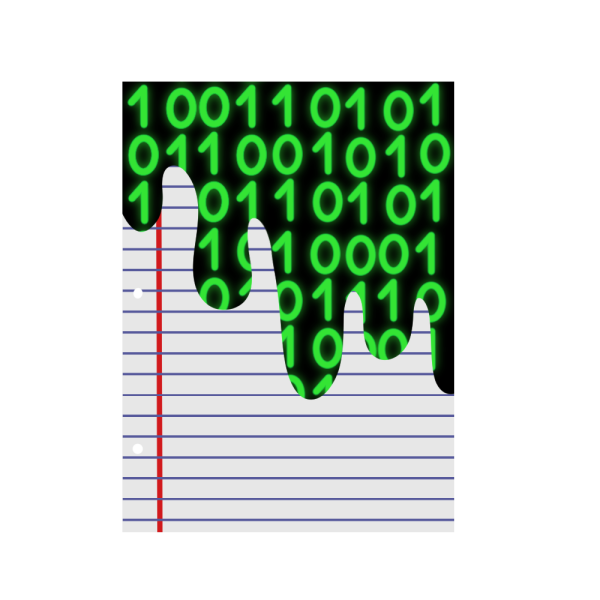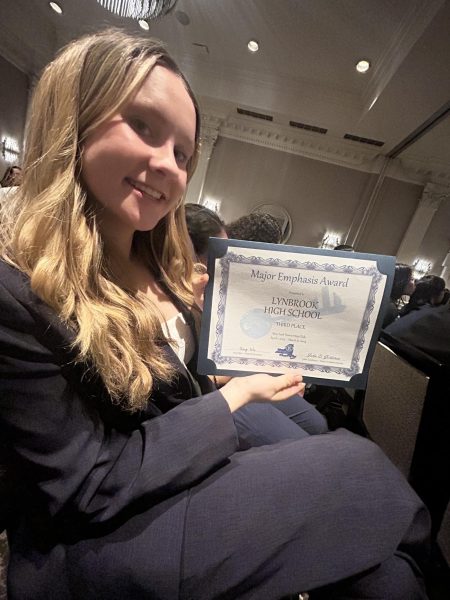John McCain: The American Maverick
Branded the “American Maverick,” John Sidney McCain III was most known for his dedication to duty and integrity, bipartisanship, and hard line for the common good. His 2008 campaign slogan, “Country First,” could not have been truer to his character in his sixty years of public service. “We shall not see his like again,” said former Vice President Joe Biden at his memorial in Phoenix.
Like his father and grandfather before him, McCain followed the footsteps of his forebears to the United States Naval Academy in Annapolis, Maryland. As a midshipman, he carried an infamous rebellious streak, more than anyone else in his class of 899. McCain was notorious for violation of curfew, frequent demerits, flirtatious affinity toward women, and low class standing.
Drafted into the Vietnam War as a fighter pilot, McCain flew 23 combat missions into enemy territory, though his last would prove the most pivotal. Shot down over North Vietnam, he lived for the better part of a decade as a resident of the “Hanoi Hilton,” a Vietnamese prison for American POWs. During his captivity, beatings and interrogation were almost daily occurrences, and many of the scars he gained there he would carry for the rest of his life.
McCain’s political career began in the House of Representatives, were he stayed for two terms before making his senatorial debut in 1986. Though a conservative, McCain often found himself working across party lines, developing close relationships with then-Senator Joe Biden and fellow veteran John Kerry, both Democrats.
Among McCain’s notable accomplishments in Congress were his work in campaign finance reform, totted for bringing greater transparency to election funding, and the normalization of relations with Vietnam.
On the Senate floor, McCain’s colleagues remember him for his sly humor and charisma, unmatched temper, and dedication to a code of honor an integrity. In his 31 years in office, McCain sat on several government action committees and investigation hearings. He was especially known for his often-vigorous questioning of certain witnesses, leading to his jovial saying, “a fight not joined is a fight not enjoyed.”
His knowledge over a variety of topics always played to his favor, as he took the time to not only learn about foreign leaders but many matters of importance abroad. Alongside Hillary Clinton, McCain went on tour to witness the effects of climate change firsthand. His 2000 campaign bus, dubbed the Straight-Talk Express, perhaps best expressed his openness to discussing issues with the press.
In 2000 and 2008, McCain cast his bid for presidential office. Though proving unsuccessful in both attempts, his popularity among voters and respect from his contemporaries soared. At the end, his professional tact and reputation won over even former rivals; both the men that beat him to the Oval Office, former Presidents Barack Obama and George Bush, eulogized him at his Washington memorial in the National Cathedral.
In his farewell, Bush remarked on the strength of McCain’s moral code: “He was honorable, always recognizing that his opponents were still patriots and human beings.” Obama was keener to point out the irony of the event: “What better way to get a last laugh than to make George and I say nice things about him to a national audience?”
On Aug. 25, at age 81, McCain died after a year-long battle with brain cancer. For some, his death marks the end of an era in American politics. By the same token, John McCain’s story of courage and perseverance stand as a gold standard in the hall of American leaders, and no doubt will go on to inspire future ones.
In the end, John McCain left this world with his legacy secure. The man deserved nothing less.
I am a sophomore contributor to Horizon, a New York resident since 2002, and child of the New Millenium.

